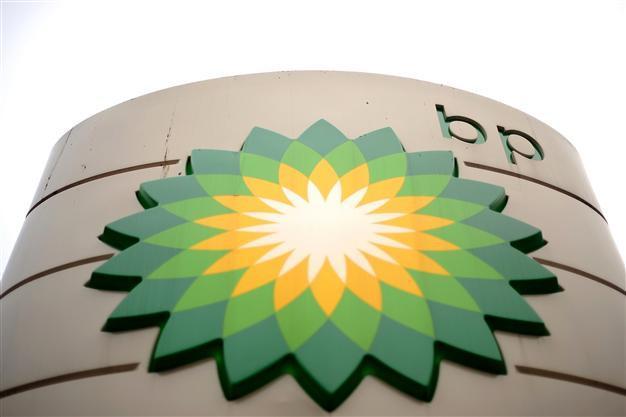BP agrees to cut spending on Iraq’s Rumaila field after oil price drop
DUBAI - Reuters

AFP Photo
BP has cut its development budget for Iraq’s giant Rumaila oilfield by $1 billion this year after the government warned a slump in crude prices and its battle against Islamic State of Iraq and the Levant (ISIL) was making it difficult to pay oil companies.The British oil major has agreed with Baghdad to reduce its 2015 spending on the country’s largest oilfield to $2.5 billion, from the initially planned $3.5 billion, an industry source familiar with the matter said on May 18.
International firms operate in Iraq’s southern oilfields under service contracts, whereby they are paid a fixed dollar fee for volumes produced.
But the arrangement has put Baghdad’s coffers under immense strain, as a dramatic drop in crude prices since last summer has hammered the revenue it receives from selling oil.
Oil companies have proposed millions of dollars of budget cuts, a senior Iraqi oil ministry official told Reuters in March.
It came after the government - wary of a boost in production costs that would further stretch state finances - asked them to revise development plans by considering postponing new projects and delaying already committed undertakings.
The oil ministry could not be immediately reached for comment on May 18.
Production from Rumaila is expected to remain steady at around current levels of about 1.4 million barrels per day in 2015.
Foreign oil companies, already complaining of infrastructure constraints, say they see little chance of a rise in Iraqi production this year or even next.
Iraq’s inability to increase output as fast as it has previously announced could help ease the global oil glut more quickly than anticipated and thus support prices.
The OPEC producer sought to renegotiate the terms of its contracts with international oil companies.
In a series of letters sent to companies such as BP, Royal Dutch Shell, ExxonMobil, Eni and Lukoil since January, the oil ministry set out the need for change in response to “the rapid drastic decrease in crude oil prices”.
But global oil prices, which more than halved last year from a peak of around $115 a barrel in June, have since rebounded. They were trading at above $66 a barrel on May 18, up from $45 in January.
















